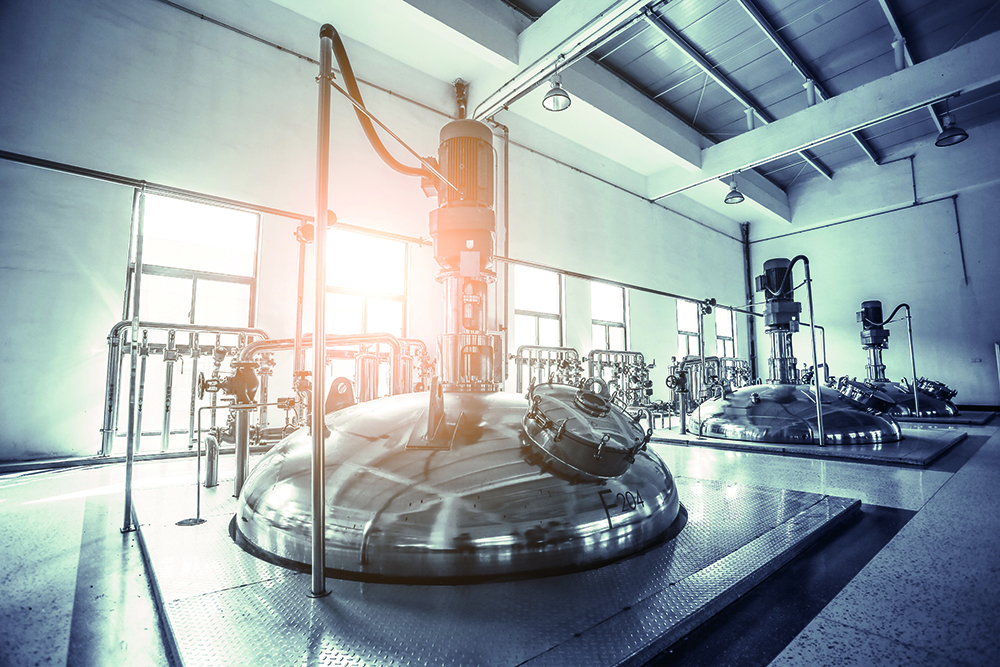The future of protein production

Significant investment has been made in the precision fermentation space in recent years
The use of precision fermentation to produce proteins is on the rise in the food industry, so what does this mean for the livestock industry?
Words by: Paul Wood, Adjunct Professor at Monash University, Australia
Precision fermentation is the engineering of a protein’s gene sequence into a bacterium or yeast strain, before growing that strain in large-scale fermenters to produce the protein that you require. This technology has been around for years in the biotechnology sector, and is used for many vaccines and drugs.
In the food sector, precision fermentation has been used for decades to produce enzymes for cheese production or conventional fermentation. In fact, cheese manufacturers now use precision fermentation to produce chymosin – one of the main enzymes responsible for milk coagulation – having previously extracted the enzyme from the stomachs of calves.
Engineering proteins for dairy and meat
A significant investment in the precision fermentation space has led many to predict that this technology is going to disrupt the traditional dairy industry.
Food technology company Perfect Day was the first to release a commercial dairy product containing beta lactoglobulin – a major whey protein of cow’s and sheep’s milk – derived using precision fermentation. Others are following this approach – several companies have goals to recreate a liquid milk containing both the whey and casein proteins, to give the product the full functionality of cow’s milk. It’s worth nothing, though, that these products will still need fats, sugars, minerals and vitamins added to replicate the nutritional content of cow’s milk.
It is not just dairy being impacted either. Recently, companies have been looking to use this process to produce key proteins for the meat industry.
Plant-based food manufacturer Impossible Foods uses a precision fermentation form of haemoglobin to give its burgers the look and smell of red meat when they are cooked. And biotechnology company The EVERY Company is producing chicken-free egg products with precision fermentation technology.
Roadblocks to implementing precision fermentation
While technological advancements are being made, there are many technical, regulatory and consumer challenges that will need to be overcome before it can be considered for mainstream use.
The major technical challenge will be the cost of goods, as precision fermentation is significantly more expensive. For milk proteins, a range of yeast strains can produce recombinant proteins (genetic material from two different sources) at a rate of 10–30 grams per litre. These proteins need to be separated from the yeast cells and cell debris using a variety of downstream processing that can account for up to 60% of the cost of manufacturing. Precision fermentation companies are looking at using fermenters at greater than 100,000L capacity, which will require complex engineering and energy intensive processes.
Those in Europe also face a regulatory challenge, as it is currently difficult to register precision fermentation products because they use genetically modified organisms (GMO) in the manufacturing process.
Finally, the labelling of precision fermentation products will vary considerably in different regions, and this has the potential to confuse consumers who are cautious of GMO products.
Based on these issues, I feel precision fermentation will be unlikely to disrupt the livestock industry just yet. It will, however, provide high-value products for niche markets.
60%
Around 60% of the companies in the precision fermentation space are focusing on the production of one or more of the six key dairy proteins.
